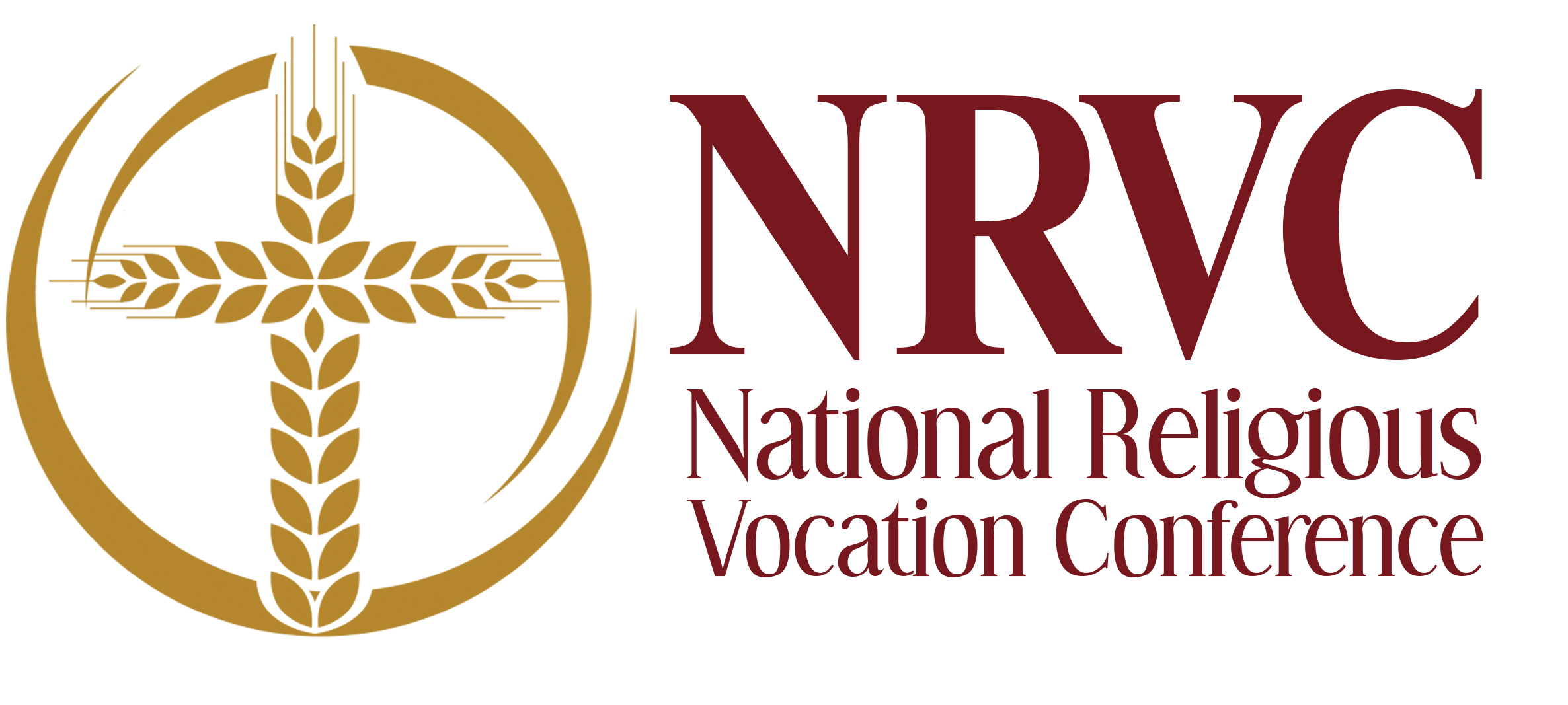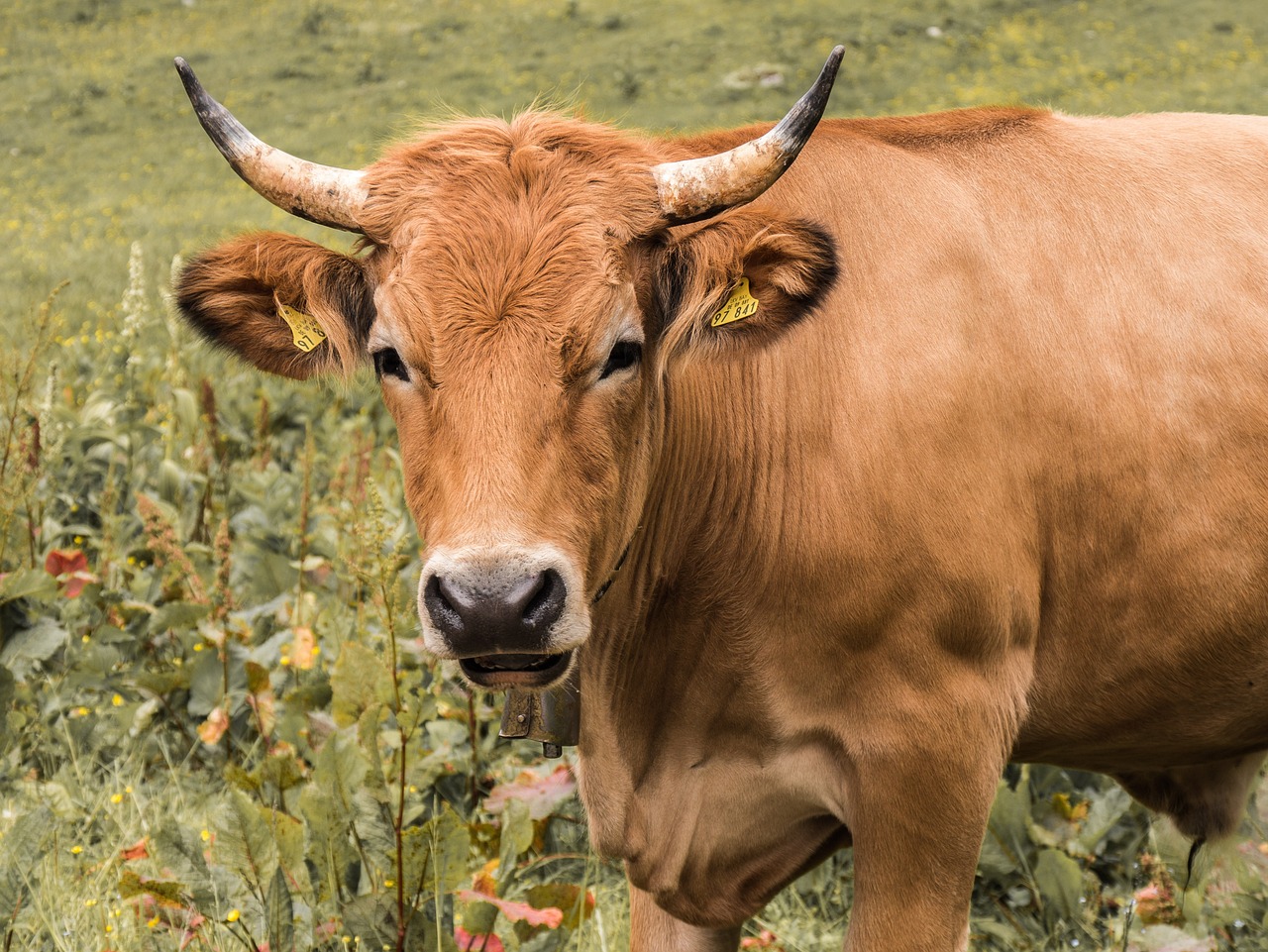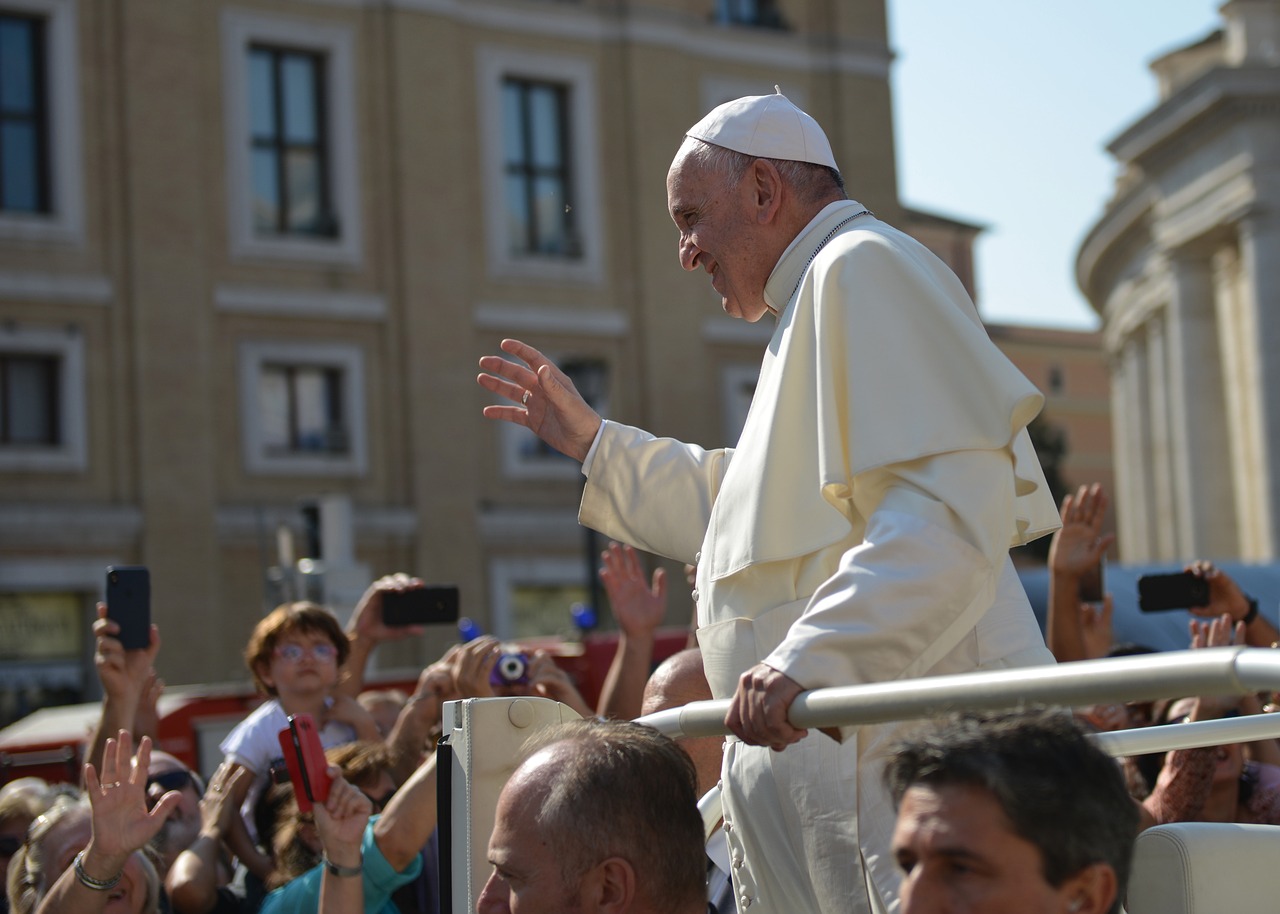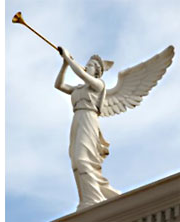|
THE HIGH COST OF MEAT
It's funny how we carnivores can't bring ourselves to say we eat animals. We rename what's on our plates: not muscle but meat, not cattle but beef, not pigs but pork. Veal sounds more genteel than baby cow. Yet even if we're euphemistic about the animal in question, many of us have no real qualms about the morality of eating them. I'm not advocating for a vegetarian or vegan diet here. But the morality of modern meat is a broader issue than whether bacon is an ethical element in your diet.
A recent Earthjustice program report noted that our present food system puts biodiversity and public health at risk. It also increases greenhouse gas emissions. The modern method of livestock cultivation (another euphemism) creates massive manure lagoons and belched methane, more than that produced by the oil and gas industries. Livestock feed takes up half the arable land available for crops, and uses nitrogen fertilizer that creates emissions of nitrous oxide, another greenhouse gas.
And if saving the earth doesn't move you, consider how these manure lagoons and toxic chemicals make the air unbreathable and the groundwater imperiled in poor communities that are disproportionately non-white. Bacon and burgers come at a price, and the cost is justice.
So if you have no problem accepting an omnivore diet, consider how the morality of meat is larger than the potential suffering of animals. Reducing the meat in your diet, as well as being more choosy as to how it's produced, are two practical ways to do right by the planet and its people.
—Alice Camille,
reprinted with permission from TrueQuest Communications
More from Alice Camille, in "Questions Catholics Ask":
Is it “Catholic” to be vegetarian? Do Catholics care about animal suffering?
|













